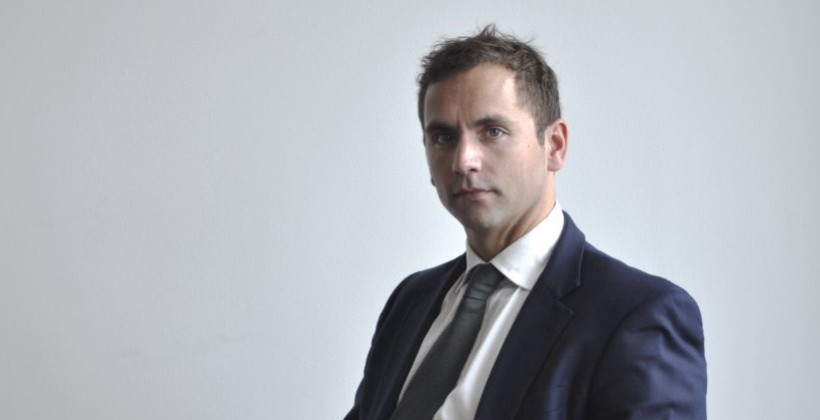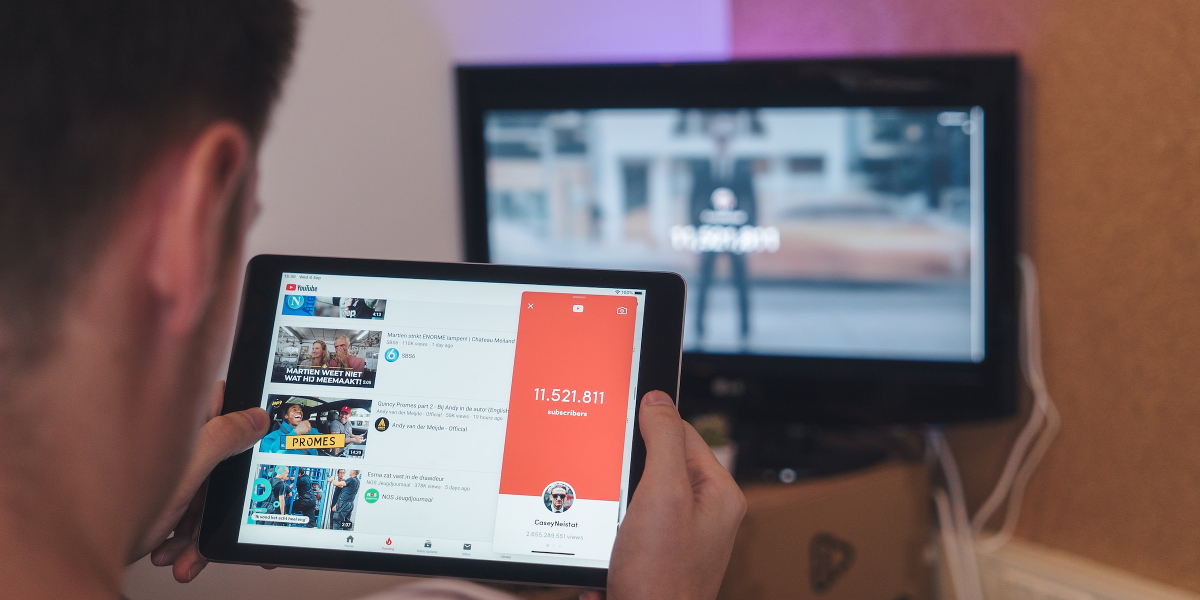Much has been said about the weak performance and outlook of the social media giants. The shares of Meta (aka Facebook) and Snap took a hammering after their recent financial updates, Google’s YouTube platform was similarly weak and TikTok has reportedly brought down its revenue targets for this year.
Yet there are also signs of pressure when it comes to the broadcasting space, which is also a significant chunk of money. In Europe, German broadcaster ProSieben profit warned while ITV delivered worse than expected Q3 results. Meanwhile, in the US, the numbers from the likes of Roku, Disney, Warner Bros Discovery and others have similarly disappointed investors.
It might be argued that this reflects a more general slowdown in advertising revenues – but the global agency groups reported better than expected numbers, and there weren’t many examples of companies committing to reducing advertising spend during results season (although there were a few: for example, Colgate-Palmolive mentioned they were reducing ad spending in Europe).
However, there may also be signs that something else is happening. A clue may lie in comments from Procter & Gamble in its results conference call. It explicitly stated it was moving money out of linear TV advertising and into digital, which it stated was more targeted and offered better returns.
There is an argument for saying that has been the case for a long time and therefore this is nothing new. I would disagree. When a company’s senior executives specifically highlight a key operational detail like this – and it has not been highlighted previously – it is done for a reason. Managements have lots to talk about in conference calls. They do not spend time talking about trivial factors, especially if you are a P&G.
BVOD’s positioning problem
There is one particular area where I think the broadcasters are (generally) pursuing the wrong approach and that comes to how BVOD revenues are handled. The trend generally seems to be for broadcasters to bundle in the BVOD revenues with the linear TV product as part of a combined offering to advertisers.
I can see why – it helps support the linear product by adding in a more younger-focused, targeted product – but it is essentially a defensive strategy of circling the wagons to protect the core business. It also raises questions around measurement and an ‘apples vs pears’ comparison when it comes to audiences. More importantly, it cements the view that BVOD is an adjunct of television and therefore its revenues should come from television budgets. It effectively promotes a message that cannibalisation is the order of the day.
Yet there is a case to be argued that BVOD should be additive to the broadcasters. It is, after all, classified as digital (at least by the IAB) so why is it not used to go after digital budgets? It offers the attributes of digital. And if Facebook and YouTube can claim they are clear substitutes for television, why should the opposite not be argued that BVOD is a substitute for digital platforms?
The fact the world’s largest advertiser has gone down this route should act as a wake up call for the broadcasters. P&G tends to be seen as a leader in advertising, and if it promoting a message, others will take heed. I very much believe linear TV has a future (and that much of the debate is skewed by a media industry that is disconnected physically and sentiment wise from a large chunk of its audience). But broadcasters nonetheless need to push BVOD as its own product. If not, they will be missing out on a major revenue opportunity stream. Moreover, by separating out the two, it may give a greater urgency to seeking ways to improve the linear side (and its messaging), rather than relying on BVOD growth to save the day.
Of course, it is easy to say this from the outside. Sometimes, though, that is what is needed. It is time to wake up.
Ian Whittaker is founder and Managing Director of Liberty Sky Advisors. For further insights and articles, subscribe at www.ianwhittakermedia.com.





